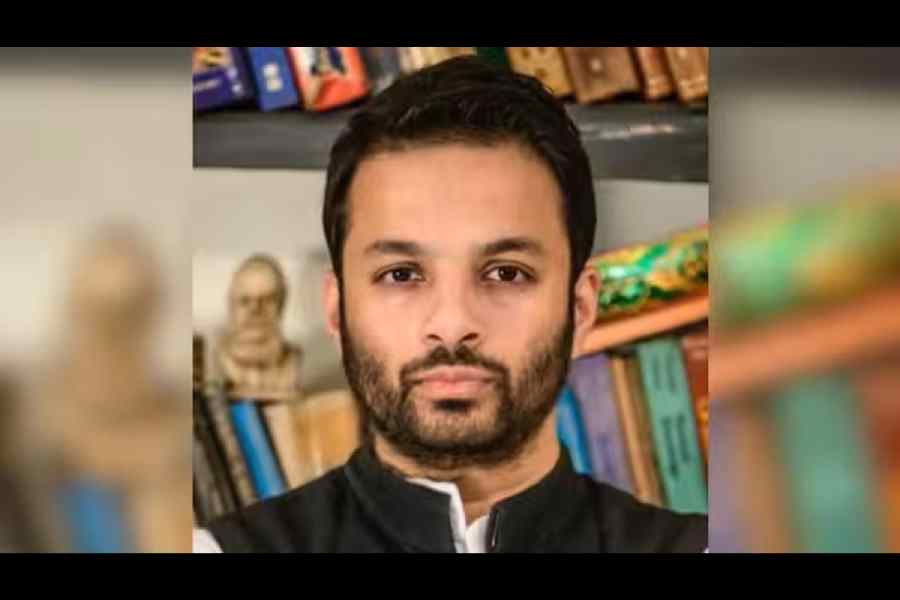While granting interim bail to the Ashoka University professor, A.K. Mahmudabad, the judge, Surya Kant, of the two-judge bench of the Supreme Court, made an important point. Rights are always linked to duties. This would mean that the right to free speech, too, has a duty attached to it, that of respecting others. No right can be absolute; its exercise is related to the context in which it is manifested. The unchecked and inconsiderate exercise of a right — free speech, for example — can end up becoming, among other things, an incitement to hatred. The Supreme Court is especially stringent regarding this offence, against which there is a specific law. The recent sharp rebuke of the Supreme Court to Vijay Shah, the Bharatiya Janata Party minister from Madhya Pradesh, for his ugly comments against Sofiya Qureshi, an army colonel and the presenter of the briefings on Operation Sindoor, is illustrative of the court’s sternness.
While commenting on the professor’s offence, the judge remarked, in effect, that there should be some respect for others. This is perhaps suggestive of the fact that although freedom of speech is certainly a right, its sensitiveness to context is not unnecessary, especially in a diverse country such as India where a degree of care may sometimes be needed. In two Facebook posts, the professor had mentioned the hypocrisy of having Ms Qureshi as a spokesperson in the India-Pakistan encounter against the background of the ruling party’s hate-mongering of the minority community. Although he has been given interim bail, the court refused to stay an inquiry into the matter, especially his phraseology, by a special investigation team. It may be that the offence has been aggravated by its timing, a good example of the way a context may affect freedom of speech. At a moment when the nation is under the sway of a shrill nationalist surge, comments such as those of Mr Mahmudabad are rendered vulnerable to misconstruing.
At the same time, freedom of speech is not a simple right. Its nuances may be drowned in the loudness of the context. Politics is loud enough, and the call of patriotism can be deafening. Comments may be made which do not intend to hurt the sovereignty or the integrity of the country, or be unpatriotic. They may be observations which are not being recorded publicly by others. Double standards within the country, or inconsistent conduct and action, may be the subject, and here, too, the context is important, although in a different way. A citizen speaking up about a weakness observed may be for the good of society, not in disparagement of it. A criticism of a political party may even be useful, both for its consumers and the party itself. A crisis, it may be deemed, is an unsuitable time to make such comments but again, the observation may lose its relevance when the moment has passed. The importance of upholding seemingly contrarian or even dissenting opinion should be central to not only the freedom of speech but also to the freedom of other institutions, including the press and the academia. Ashoka University’s decision to distance itself from Mr Mahmudabad, India’s precipitous slide on international press freedom registers, Donald Trump’s targeting of Harvard University signify that courts, in India and around the world, need to be expansive in their interpretation of freedoms — of speech and otherwise — and pay attention to the nuances associated with free speech.










